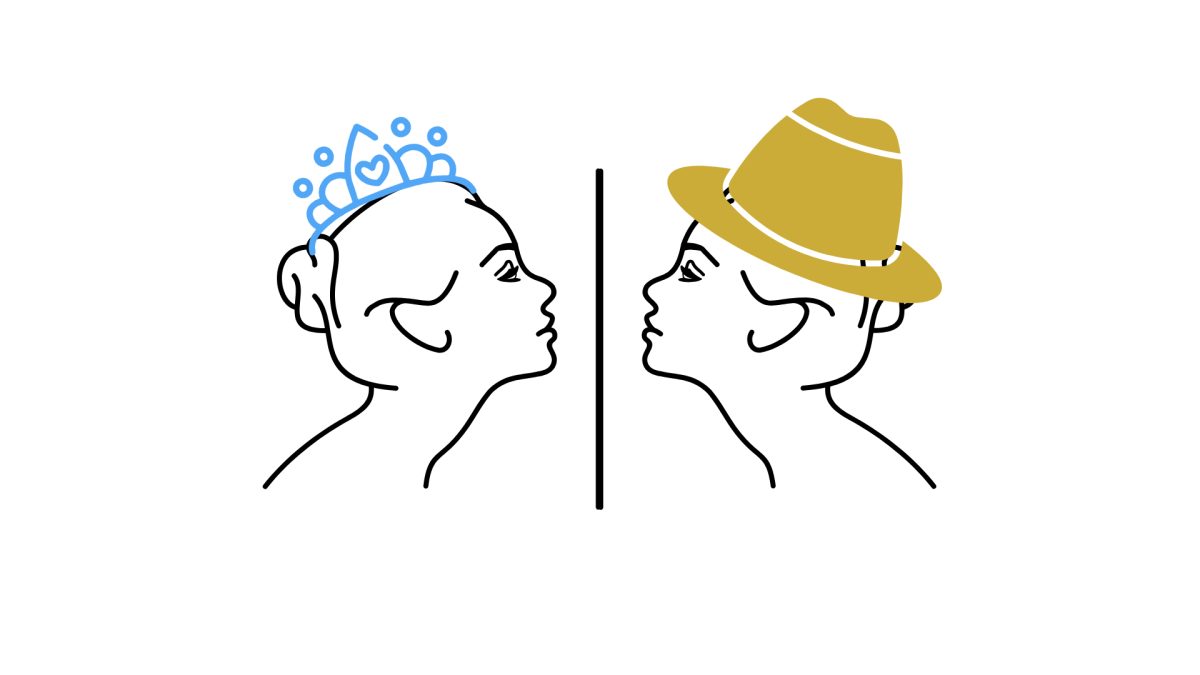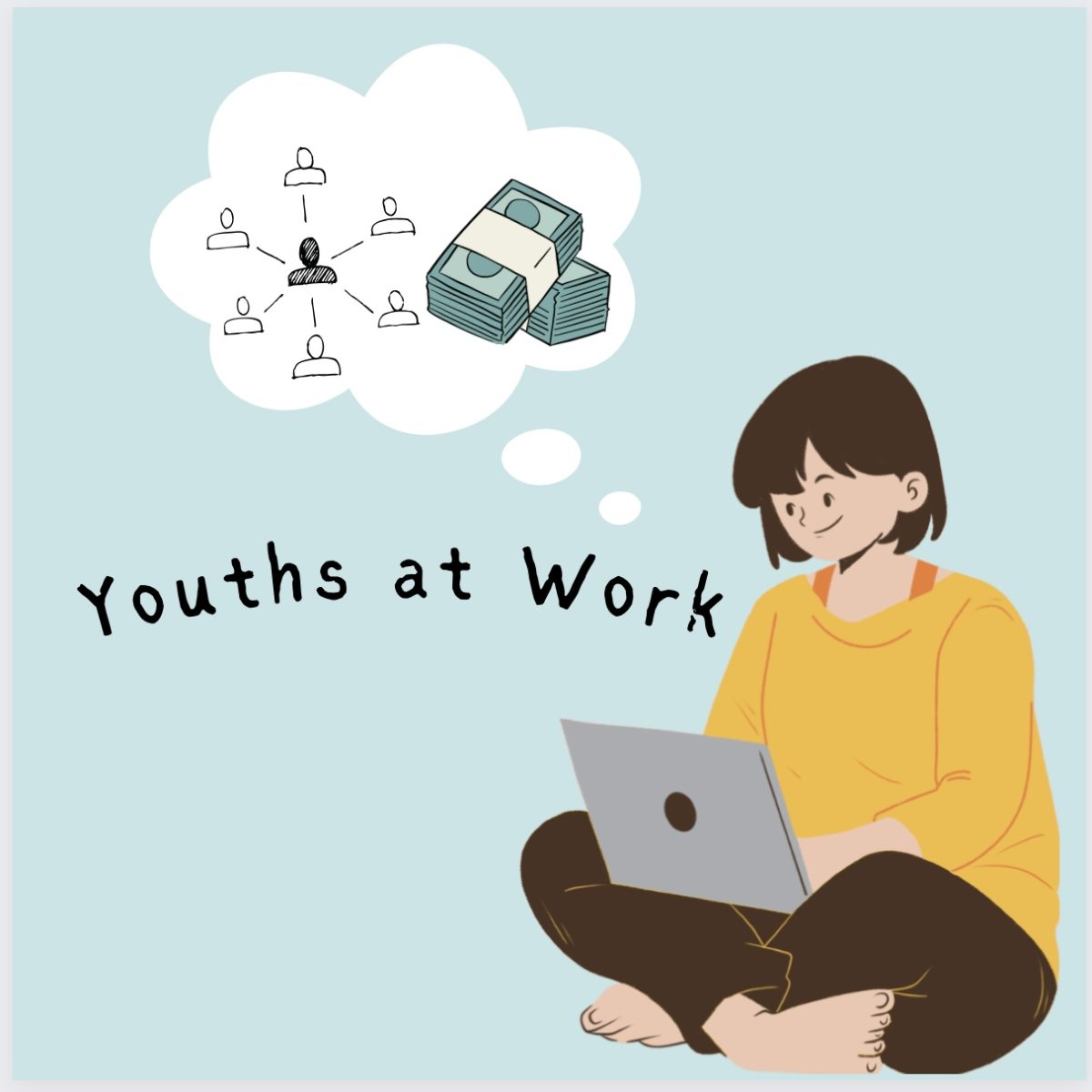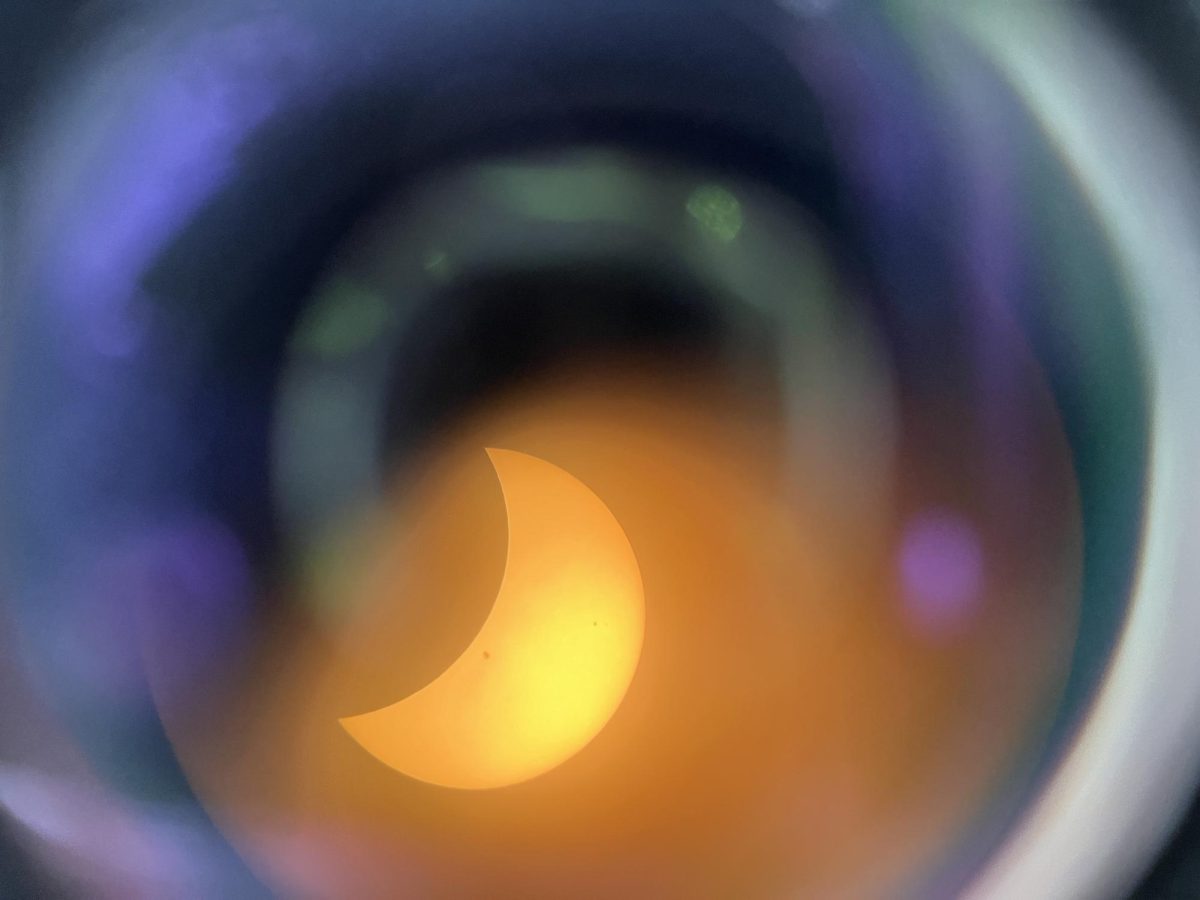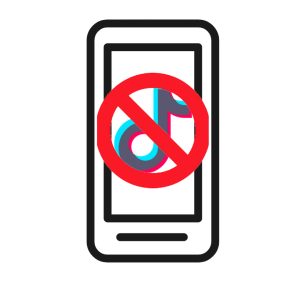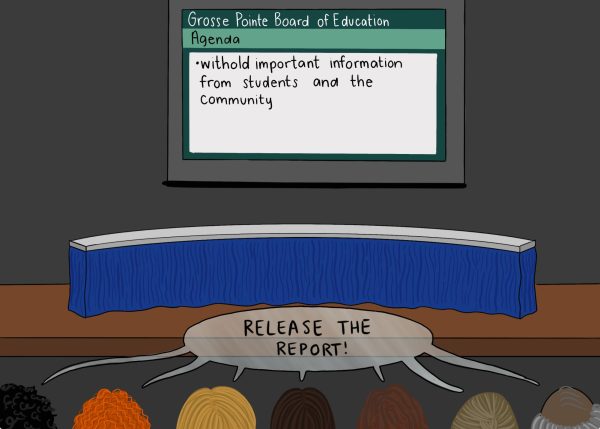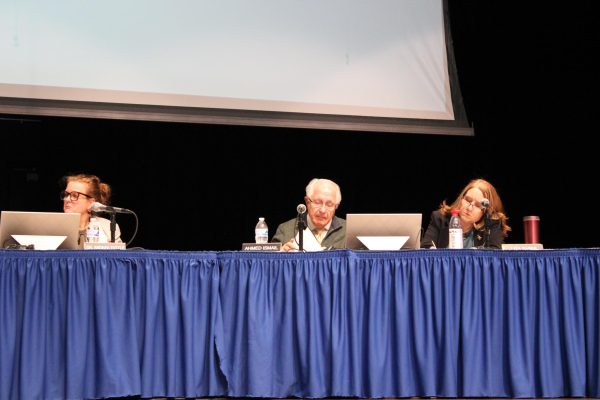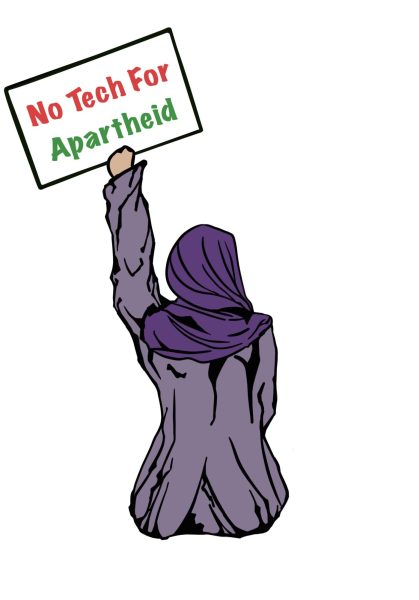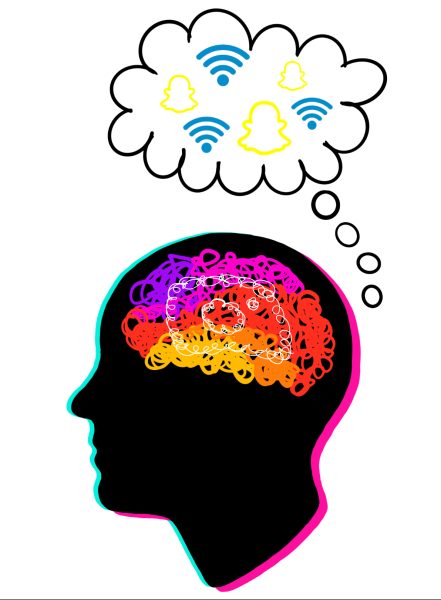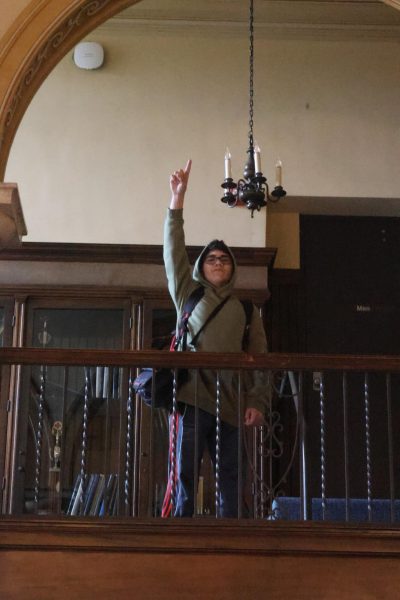Easter is for everyone
April 26, 2019
Easter: the prized holiday I celebrate every year in honor of Jesus Christ’s resurrection. To be honest, I didn’t know the reason for this holiday until about a minute ago when I looked it up. I am not Christian, or religious at all, but I’ve been participating in Easter, Christmas and St. Patrick’s Day for my entire life.
When I think of Easter I picture egg hunts, time with family and the disappointment of finding out that my chocolate bunny is hollow. However, I think this depiction is common for most of my Christian friends as well. Aside from the church aspect of this holiday, my friends celebrate in the exact same way I do, making the holiday seem like it’s made for everyone.
However, there are plenty of people who believe that Easter should be exclusive to Christians. Although I’ve never encountered any disapproval regarding my celebration of Christian holidays, there is still controversy around the subject. According to a poll conducted by Debate.org, 56 percent of people said Easter should only be celebrated by Christians. One of the top reasons for this outcome is because voters said they felt that non-Christians celebrating Easter took away the true meaning of the holiday. I understand this argument, considering I reap all of the benefits of this holiday without paying respects to anyone, but I don’t think it’s fair to exclude people from an immensely popular holiday, especially when it’s become so commercialized.
Easter, and Christian holidays in general, are undoubtedly catered to more than any other religion’s holidays. For example, students get the day off on Good Friday, Starbucks dresses their coffee cups in red and green around Christmas and almost every business in town decorates their shops with mini Christmas trees and jolly music during December. With all of this excitement centered around Christian holidays, it’s understandable why many non religious people, including myself, feel inclined to participate in these festivities. For my whole life I’ve been surrounded by people who partake in Christian holidays, so it only felt natural for me to participate as well.
Additionally, it’s not only non-Christians who celebrate religious holidays without honoring their true origin. It seems that people nowadays focus on the authentic meaning of Christian holidays less and the superficial aspects more. When St. Patrick’s Day is approaching I don’t learn about how St. Patrick brought Christianity to Ireland, but instead, what people plan on wearing to the upcoming St. Patrick’s Day party. I don’t see a problem with the modernization of these holidays, but it seems hypocritical that people think non-Christians take away meaning from their holidays when some Christians don’t celebrate traditionally themselves. Obviously, this doesn’t apply to every Christian, but it still feels as though many people in our modern times don’t put as much emphasis on tradition, further broadening the range of people who wish to participate in Christian holidays.
With that being said, even though I don’t participate in the religious aspects of Easter, I still use this day to spend time with family and enjoy the cheerful spirit it brings. This holiday revolves around spending time with loved ones and I think that’s something everyone can appreciate, regardless of religion.



































